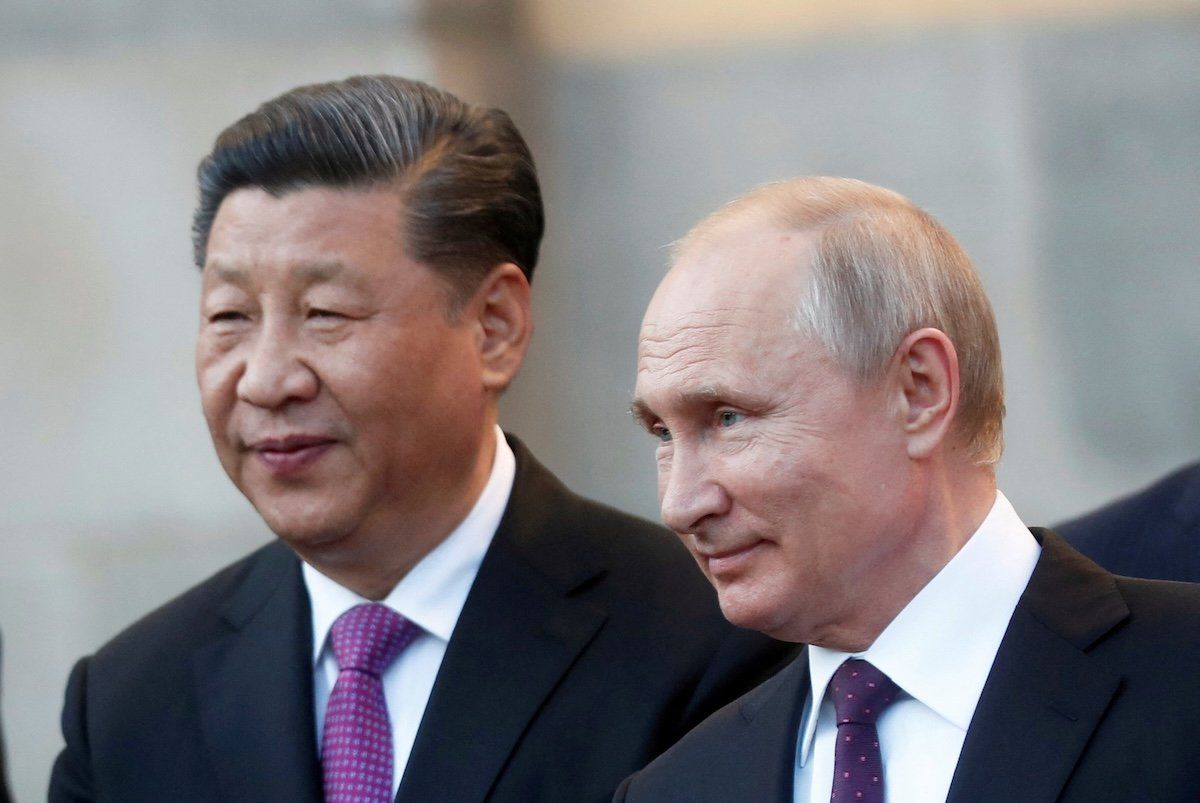A new report quoted in the Globe and Mail suggests how Vladimir Putin and Xi Jinping’s “friendship without limits” is progressing: Russia is giving very generously in exchange for China buying its oil.
The report by Strider Technologies says China is gaining a major foothold in the Arctic as Russia shifts its defense priorities to the war in Ukraine. Since Putin’s invasion, 234 Chinese-owned companies have registered to operate in the Russian-controlled Arctic, Strider said, an 87% increase on the two years prior. Besides resource exploitation and investment aimed at developing Russia’s Northern Sea shipping route, the two have been deepening security ties in the form of joint exercises in the Bering Sea.
A report by Canada’s Senate Committee on national security, defense, and veterans’ affairs last year noted the worrying implications of increased collaboration in the Arctic by Russia and China.
Canada has committed to spending $38.6 billion over 20 years to modernizing the North American Aerospace Defense Command, or NORAD, including investing in new over-the-horizon radar installations, and infrastructure to house the 88 F-35 Lightning fighter jets it has on order from the US.
In the first of its 23 recommendations, the committee called on the government to include an Arctic section in its imminent defense policy statement that recognizes the situation in the North is deteriorating and offers a plan to deal “on an expeditious basis” with threats that could enter North America through the Arctic.
